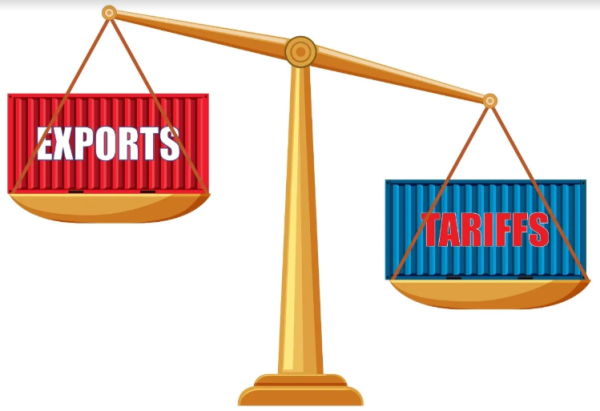Why Do We Experience Vicarious Embarrassment?
Many teen-romance movies, such as The Kissing Booth (pictured here), give watchers second hand embarrassment. Photo courtesy of Seventeen Magazine.
February 9, 2022
From when the main character in a book trips in front of her crush to when an athlete makes a crushing mistake, we all feel vicarious, or second-hand, embarrassment at one point or another. Since the events are either not happening to us or not happening at all in real life, the reason why can be quite confusing. Why does something so far away affect our minds so much?
A Strange Form of Empathy
Empathy, by definition of The Cambridge English Dictionary, is “the ability to share someone else’s feelings or experiences by imagining what it would be like in that person’s situation.” Empathy is a strong and plausible theory of what causes vicarious embarrassment. However, empathy usually corresponds with the empathetic person having experienced the same thing as whoever they feel empathetic towards. Most of the time with secondary embarrassment, it is a situation that the person has never been in. Is this phenomenon suggesting that the brain can place us in that situation and feel the exact same emotions as the person who actually experienced it? This just goes to show the amazing and intricate thing the mind is.
Although there hasn’t been a lot of research on this, it has been found that not all instances of vicarious embarrassment can be attributed to empathy. Sometimes, the observer feels worse about the situation than the person actually in the situation.
Deeper Levels
The true embodiment of vicarious embarrassment is when the observer feels more embarrassment than the person dealing with it. If you are at a convention and the speaker has their shirt on backwards or has a piece of hair sticking out of their ponytail, you will feel embarrassment or awkwardness that the speaker wouldn’t feel if they weren’t aware of it. This is much different from the first type of embarrassment discussed, which many researchers refer to as “empathetic embarrassment” in order to differentiate the two. The difference is empathetic embarrassment is a collaborative emotion in most ways, and vicarious embarrassment is more one-way.
An even more intricate way of thinking about this is you don’t feel bad for the person experiencing it, you just feel glad that it isn’t you who is. The embarrassment may come from one inserting themselves into the situation and reacting to that instead of thinking about the person actually experiencing it. This is most likely the reason people feel this phenomenon in literature or film settings. You aren’t thinking about the fact that it isn’t actually happening, you are thinking about the fact that this could happen to you.
A Good Thing?
Many seem to think that this feeling is a bad one to get. Why can’t authors or directors have their characters do less embarrassing things? Well, these instances make the characters more real and relatable. People may feel vicarious embarrassment for you all of the time. If you aren’t ashamed of what you are doing, why would it matter if someone else is ashamed for you?
On the other hand, feeling vicarious embarrassment in fiction may mean that the writing or cinematography is so immersive that it feels like you really are experiencing it. Next time you have to put your book down and take a few laps, thank your brain for the virtual reality-like experience!










